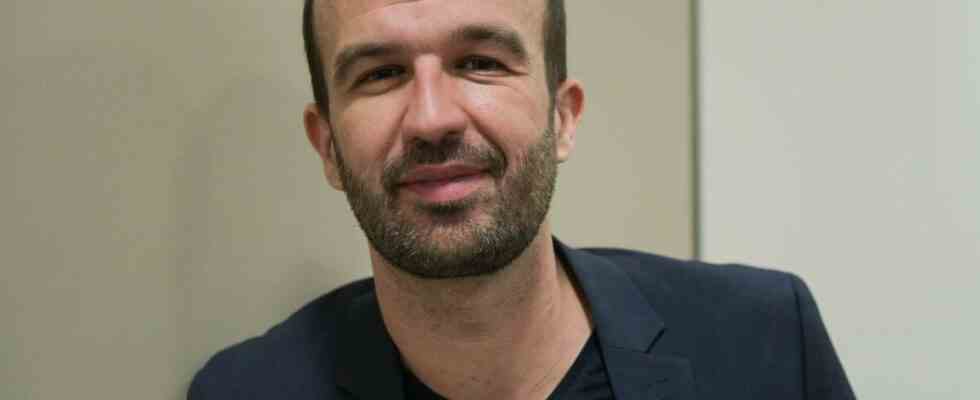Installed in the Panier district in Marseille where Manuel Bompard found accommodation, the candidate for the NUPES legislative elections in the 4th constituency of Bouches-du-Rhône began to survey the markets and streets of his constituency. A campaign of proximity and field, low noise, to soak up and be in contact. “The campaign that I want to lead”, he had explained to us a little before this interview.
You take over from Jean-Luc Mélenchon in his constituency, is it a difficult succession?
No not at all. I think that Jean-Luc Mélenchon has achieved, for several years now, results that are very important. He contributed to the emergence in the political landscape of a new formation, France insubordinate, and now the new popular alliance. What obliges me is to elect a majority of deputies to the National Assembly. And for that, you have to win this constituency, but also win several in Marseille. That is the objective, since we are in this desire to be able to govern this country in a few weeks. You have to win in more than 289 constituencies.
Afterwards, I don’t think Jean-Luc Mélenchon will disappear from the landscape. With the same ballot, you can fulfill two objectives: to elect me as a deputy and to propel Jean-Luc Mélenchon as Prime Minister.
If you are elected, what will be the first subject you will raise?
The first subject, which is urgent today, is that of purchasing power and the explosion in prices. So, a bill that incorporates the rise in the minimum wage, wages, retirement pensions and the freezing of prices on basic necessities must be the first measure. It is the one that would allow millions of citizens who are unable to finish the end of the month to find a little breathing room. At a more local level, the theme of housing is significant in this constituency. It unfortunately gave rise to a drama here, and, therefore, the fight against unsanitary housing, for renovation including thermal and energy is a subject on which I want to invest myself.
Who can benefit from abstention? (In 2017, this had been 51.3% in the first round and 57.36% in the second)
Clearly, we know very well that the stronger the abstention, the more difficult it is for us. The electorate who voted for the candidacy of Jean-Luc Mélenchon is a popular and young electorate, the two categories that vote the least. So, one of the purposes of this campaign is to convince people of the idea that the presidential election has not definitively settled this question. We are not condemned to live another five years with Emmanuel Macron and his program.
It’s a third round and those who were disappointed with the results of the presidential election, if they mobilize, if they move en masse, then we can change and influence the course of things. You must not be resigned. Abstention will only serve the friends and supporters of Emmanuel Macron.
Can Nupes capitalize on this election, develop local roots and survive a possible defeat?
Honestly, his first goal is to rule this country, and it is possible. I recall that in 2017 with 32% of the votes nationally, Emmanuel Macron had an absolute majority of deputies; and 32% is not very far from what the polls attribute to our alliance. So our alliance makes it possible to simply envisage exercising power in a month. Then if this alliance can in future local deadlines strengthen our local roots, why not. But the subject we have in mind for the moment is how we change people’s lives, how we tackle the climate emergency. This union is made around a program. There are 650 shared measures, which show that we have a lot in common.
At 18-20 years old, did you imagine yourself in politics, being a member of the European Parliament and perhaps soon from Marseille?
No, at 18-20 years old, I did not imagine that. Of course, I was interested in my country and current affairs. I got involved in the battle against the European Constitutional Treaty because I did not find myself in the construction of Europe as it was and as it is today. But clearly, I did not imagine that this would lead me to exercise national, parliamentary responsibilities. I had no career plan, no roadmap. It was by getting involved, by joining a political organization, by being an activist, that, little by little, I said to myself that I had to go from protest to the idea that, in this case, we take the business in hand. And that’s what I’m trying to do.

